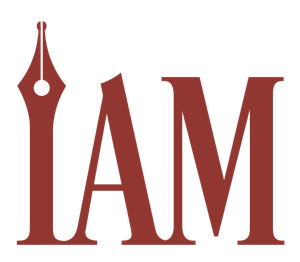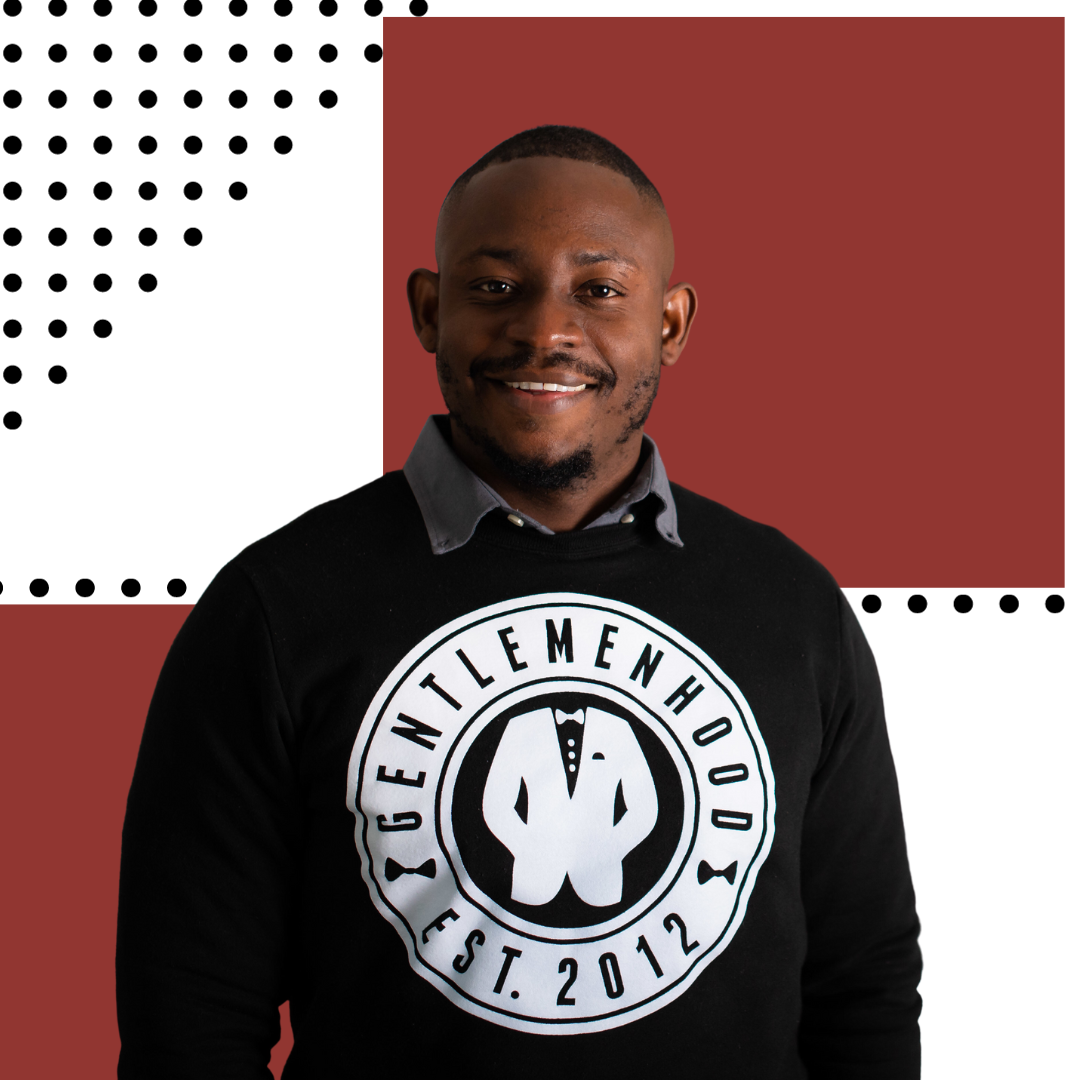Indie Author Magazine: How will the strategy of publishing wide play a part in the future of the industry?
Pierre: It’s necessary. Putting all your eggs in one basket in the current state of publishing is scary. People are more loyal to brands and even authors currently. Hence why so many social media platforms are incentivizing influencers. This is making them more loyal as well to where they shop. Authors not having their books available everywhere, especially on their own website, are losing those who are more loyal to convenience than themselves. Some people buy books anywhere, some buy it in particular places, you need to be available to all. Besides, diversification is often more helpful than detrimental.
Indie Author Magazine: Do you anticipate that the definition of wide will ever evolve to mean more? If so, where do you see authors going?
Pierre: I believe so. I believe you will see authors diving more into direct-to-consumer utilizing platforms such as Shopify. E-commerce in itself is growing, and countless businesses are focusing on having their own direct space for their buyers and prioritizing data and community in a competitive and expensive market. In order to get the best return on marketing, I believe authors will need to consider going to e-commerce. I’m a bit biased because I switch to selling to my customer directly myself, but I think it’s where publishing is heading. Every type of artist can definitely have more control of their art and supporters now and going forward.
Indie Author Magazine: On an individual level, direct publishing can equate to greater control over titles, greater royalties, and a closer relationship with readers. What will the trend of authors publishing direct mean for the industry as a whole?
Pierre: Interesting enough I mentioned it in the previous question. Direct or direct-to-consumer is here to stay and will become a preferred choice more and more in the industry. It will also help a lot of authors mature in the realm of business or strengthen their perspective on business. Having more control, more return while also performing well in all the previous retailers is ideal. I believe it’s here to stay and many who commit to figuring it out will see the benefits of it more and more.
Indie Author Magazine: With AI being such a hot-button, divisive topic now, what role(s)—if any—do you think it will play in the indie publishing world in five years' time?
Pierre: When it comes to AI and its effect or how it will affect the publishing industry, I believe I have to preface this by saying, first, I am a marketer and an author. So therefore, I always look at things a bit differently. Always look at how it comes into the landscape, how long it's going to stay, and whether I need to be on board, and to get results, I have to say, AI—despite a lot of authors feeling that it may take their job or may, you know, dilute publishing in general—but I think one of the things that they have to look at is how it can strengthen the author's journey, the author's creation process, the author's, you know, just publishing career in general. I think there has to be a balance where it's not being misused and also don't want to be negative where it does impact authors negatively. But I think they also have to look at the positive and where they can put it to use because it's here to stay. A lot of people have implemented it. So authors can't say, no. I hate to stay away from this more. How can I accept this and implement this with file, you know, using it to harm other authors or harm myself, but staying true to what I do and staying true to my content?
Indie Author Magazine: How important is technology to one's success as an indie author and to the industry as a whole?
Pierre: Technology is very important when it comes to the success of an author. You think about just, you know, even just the ebook concept. Just as technology advanced and we're able to create ebooks now allows a lot of authors, I mean, a lot of readers to get access to authors' books and content a bit quicker and read faster and so forth. As technology is advancing, I believe it makes the author's, you know, life easier in terms of the delivery of their product, for instance, going direct. I've been going direct since two thousand fourteen while I was selling to my woocommerce. And I didn't have much option for print on demand or just different things, different parts of automation when it comes to email and everything else versus now—about ten years later—you know, I'm happily going direct because there's an e-commerce platform that has way better technology with, there's a POD system, which is the technology I've improved. The automation from when the customer made the purchase and the emails and the flows and everything else is just a bit easier. So technology helps you become successful because then it's all about how well can I get my end product to the consumer or how well can I market it to the potential reader, and that's where technology plays a big part.
Indie Author Magazine: What does transmedia mean for an author's business? Will indie authors ever need to be more than just "writers" to survive in the industry?
Pierre: Many authors won't need more to survive, but more will allow them to leverage to gain new audiences, to pretty much just establish themselves a bit more. So it's whether, again, it's not having your eggs in one basket. It's just exploring all of the options available to you and whichever one you can pretty much cross over to offer more to your audience because it's all going to be brand loyalty. And actually, brand recognition that will allow more growth as all marketing and social media platforms get more competitive.
Indie Author Magazine: What can authors do now to build community with their readers and within the industry?
Pierre: When it comes to building a community and the industry, I'm going to be biased as a person who sells directly and even helps other authors sell direct. Simply because I see how easier it is. When you sell direct, you get a chance to collect customer data, you get the email, but you're getting information of people who have supported you and are true friends or so that they are true friends. And in that space, once you have an email list of those who really support you, then you get a chance to build however you can. This is where, for instance, you could utilize that to go to build a text community. You could utilize that to build a subscription model. You can utilize that to find different or build a space where you just interact with your readers and provide more for them. So the idea is to go after the true readers, the true supporters, the true fans, and build a community worth that. But authors are going to need more community more than anything because I'll keep referencing that. Social media is getting more when they have engagement becoming tough to do marketing. So authors cannot just rely on organic or just paid marketing is going to be enough. They have to find different ways of leveraging community. It's going to be very important. But who you put in your community is going to be the most important.
Indie Author Magazine: Why does community matter in the future of indie publishing?
Pierre: Because without community, you will have a hard time swimming in a market that is oversaturated. In a market or even just the golden ages are gone. Social media is not just posted online and now all your readers find you; you have to do way more to find them because there's a lot more people competing for those people's attention. And there are a lot more platforms, especially, let's say, in two thousand fourteen, when I started, it was just Instagram and Facebook. And then, you know, Snapchat was coming around, but now you have Instagram, Facebook, Snapchat, threads. Obviously, you have Twitter. Twitter was there before. You have TikTok out there so much more that you are competing for people's attention and you have to find a place to isolate them and, you know, they know they could come to this place to really focus on your content and you're really focused on the delivery and that's going to be crucial to a lot of people's success. A lot of indie authors' success.


